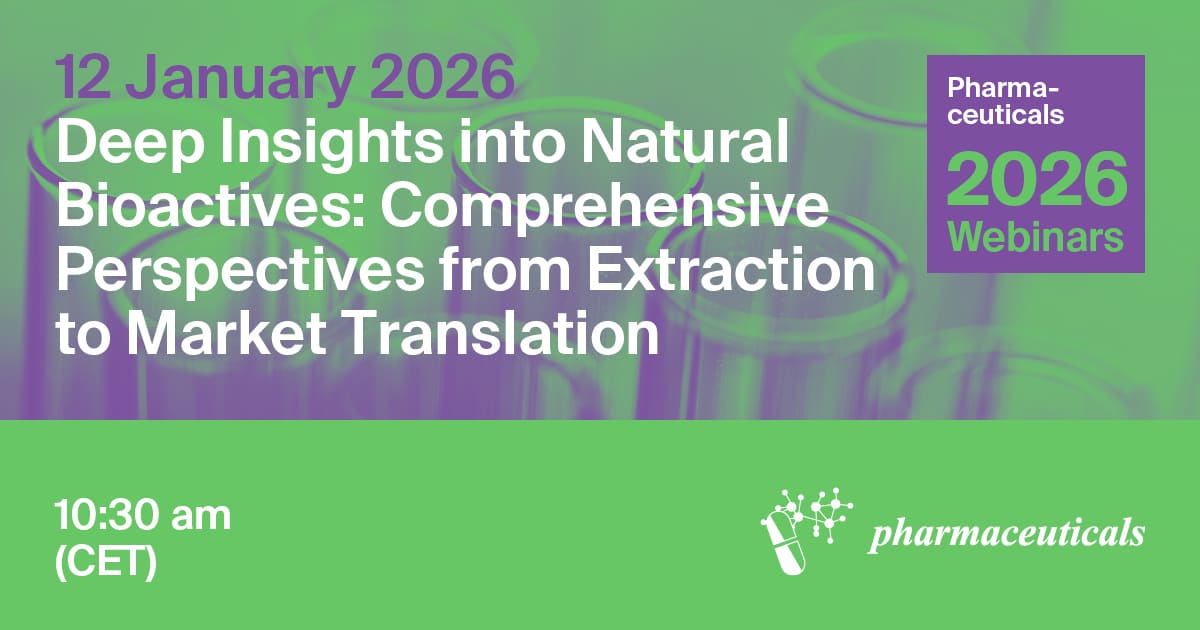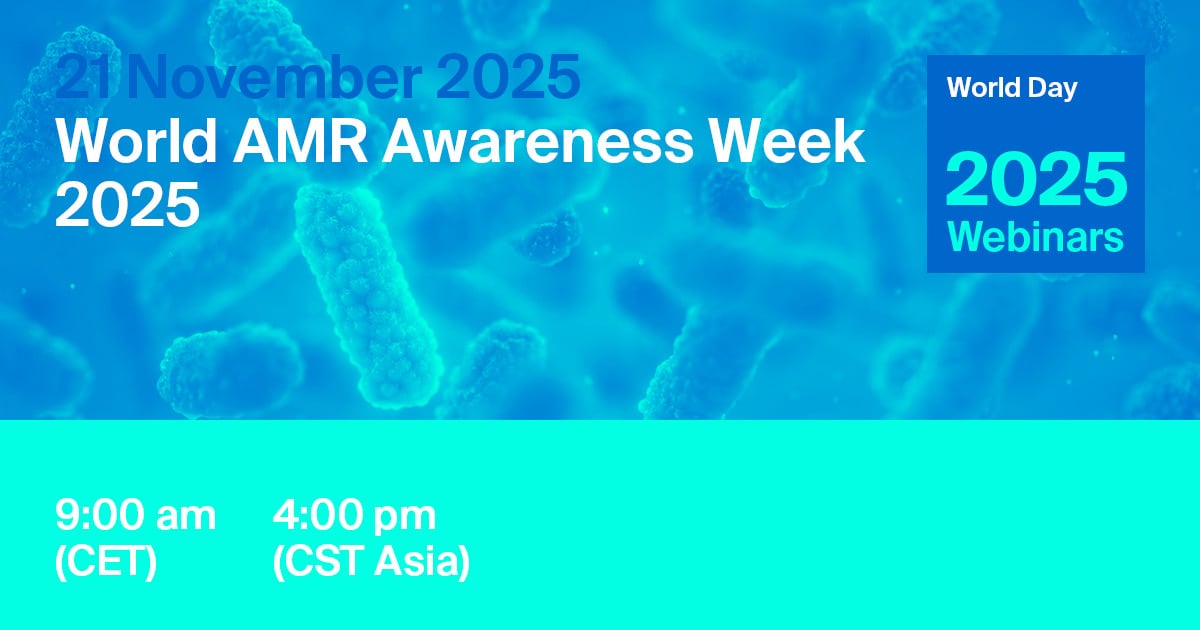- 4.8Impact Factor
- 7.7CiteScore
- 16 daysTime to First Decision
News & Conferences
Latest News & Announcements
Latest Conferences
Propose a Conference Collaboration
Promote and publicise your upcoming conference with MDPI.
All News & Conferences
News & Announcements
Pharmaceuticals Travel Award—Winner Announced
14 January 2026
News & Announcements
MDPI’s Newly Launched Journals in December 2025
9 January 2026
Partner Conference
Pharmaceuticals Webinar | Deep Insights into Natural Bioactives: Comprehensive Perspectives from Extraction to Market Translation, 12 January 2026
12 - 12 January 2026
News & Announcements
Pharmaceuticals Webinar | Deep Insights into Natural Bioactives: Comprehensive Perspectives from Extraction to Market Translation, 12 January 2026
9 January 2026
News & Announcements
Article Layout and Template Revised for Future Volumes
11 December 2025
News & Announcements
Meet Us at the 146th Annual Meeting of the Pharmaceutical Society of Japan (Osaka), 26–29 March 2026, Osaka, Japan
9 December 2025
News & Announcements
Meet Us at the 5th Molecules Medicinal Chemistry Symposium, 14–17 May 2026, Beijing, China
3 December 2025
News & Announcements
World AIDS Day, 1 December 2025
1 December 2025
News & Announcements
MDPI Webinar | World Antimicrobial Resistance (AMR) Awareness Week 2025, 21 November 2025
19 November 2025
MDPI Conference
MDPI Webinar | World Antimicrobial Resistance (AMR) Awareness Week 2025, 21 November 2025
21 - 21 November 2025
News & Announcements
World AMR Awareness Week—“Act Now: Protect Our Present, Secure Our Future”, 18–24 November 2025
19 November 2025
of 32







